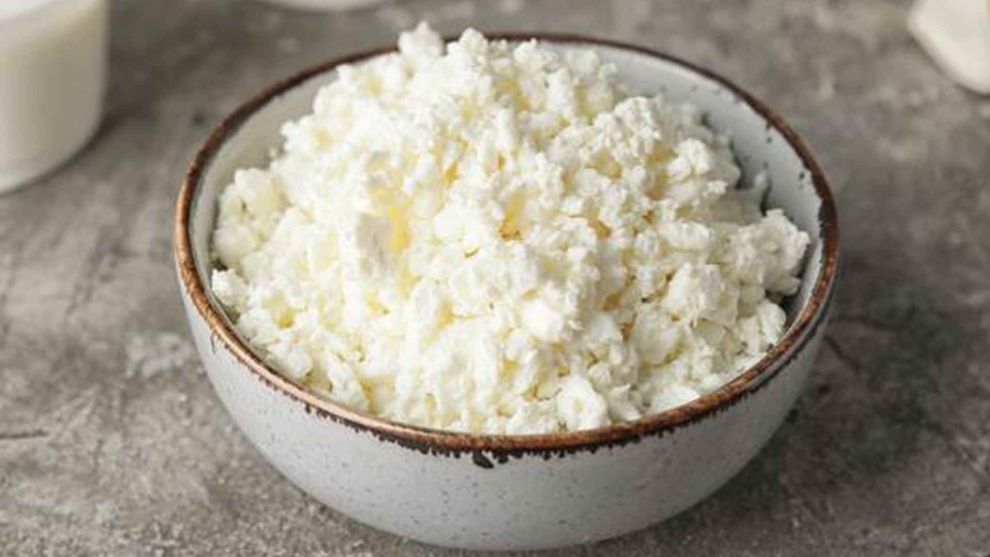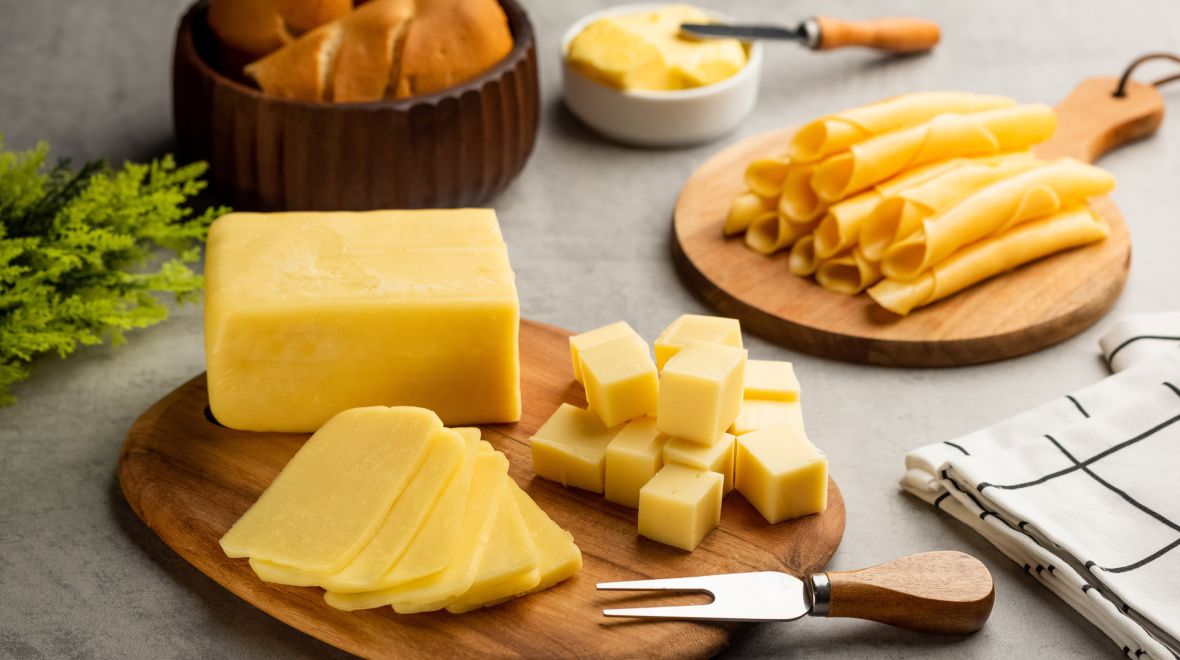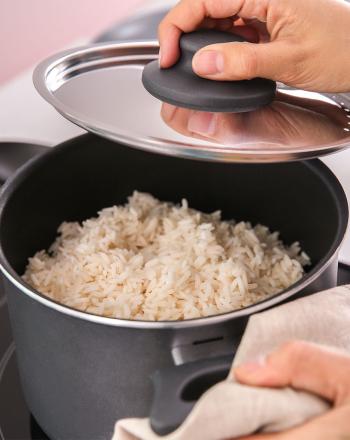
Cheese is undeniably irresistible - whether sliced, grated, melted, in a dish, or eaten on its own. In fact, cheese consumption is at an all-time high in the U.S., with more than 19 kilograms eaten per person annually, according to recent data from the International Dairy Products Association.
Translation | Amaryllis Tsegou
Cheese as part of a healthy diet
Cheese definitely has a place in a balanced diet. Despite its reputation for saturated fat, it also delivers essential nutrients like protein and calcium. For example, a 28-gram slice of cheddar contains about 5 grams of saturated fat - a little over a third of the recommended daily intake - but also nearly 7 grams of protein and 14% of your daily calcium needs. Protein helps with satiety and muscle growth, while calcium strengthens bones.
Interestingly, a 2024 study found that higher cheese consumption was linked to a reduced risk of sleep apnea, likely due to its nutrient profile impacting metabolic and cardiovascular health. Other studies also suggest that cheese may support mental well-being and healthy aging.
So, unless you have an allergy or need to restrict sodium, there’s no reason to avoid it. And if you have high blood pressure, moderation is always key.
The healthiest cheese
Cottage cheese stands out as the healthiest cheese. It’s high in protein and low in fat compared to most cheeses. Half a cup of 2% cottage cheese provides roughly 90 calories, 12 grams of protein, and just 2.5 grams of fat. Cottage cheese is also super versatile: spread it on whole-grain crackers, add it to salads or wraps, or eat it plain. Its popularity has even sparked viral TikTok recipes and cottage cheese-based ice cream.

Other Healthy Options
Soft cheeses such as ricotta and mozzarella are also excellent choices, especially when made from low-fat or skim milk. Ricotta is lower in sodium than many other cheeses and pairs beautifully with honey for breakfast.
Greek feta is another smart option: flavourful yet low in fat.
For those with lactose sensitivity, hard cheeses like parmesan, cheddar, and Swiss are easier to digest.
Even richer cheeses, like brie, can be part of a healthy diet when enjoyed in moderation.
Cheese for weight loss
Cheese can fit into a weight-loss plan, as long as portion size and pairings are considered. Cottage cheese (2-4% fat) is ideal because it’s high in protein and relatively low in calories. A half-cup serving keeps you fuller longer than a typical slice of hard cheese.
Mozzarella is another weight-loss-friendly choice. Semi-skimmed mozzarella offers protein and calcium with fewer calories and lower sodium than cheddar.
When incorporating cheese, pair it with fibre-rich foods, such as whole-grain toast or a green salad. Fibre promotes satiety first, then protein and fat from the cheese help you stay full longer.
Is low-fat cheese healthy?
The problem with low-fat cheese? Removing the fat also removes much of the flavour. As a result, people often consume more to feel satisfied, which can negate the intended health benefits. Full-fat cheese may be richer in calories, but it’s also more satisfying and enjoyable, so you’re less likely to overeat.




